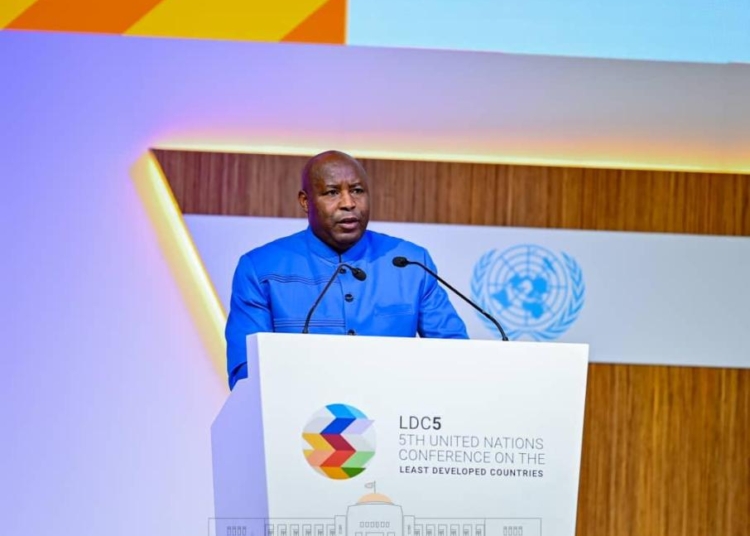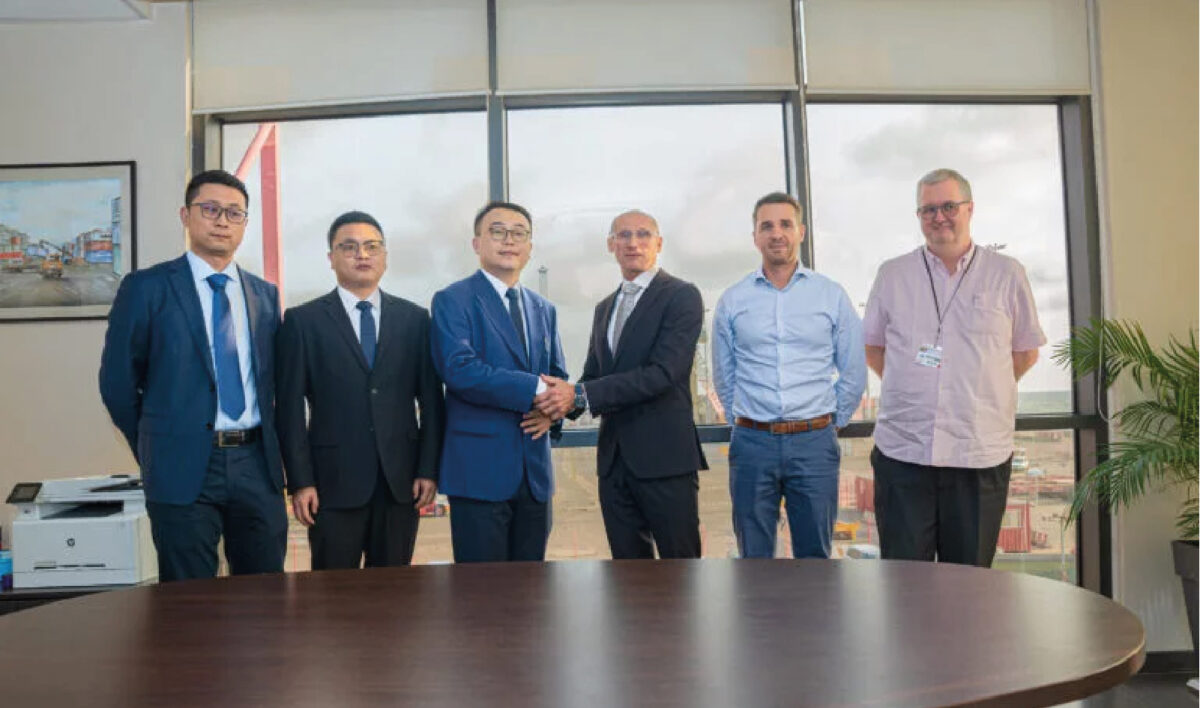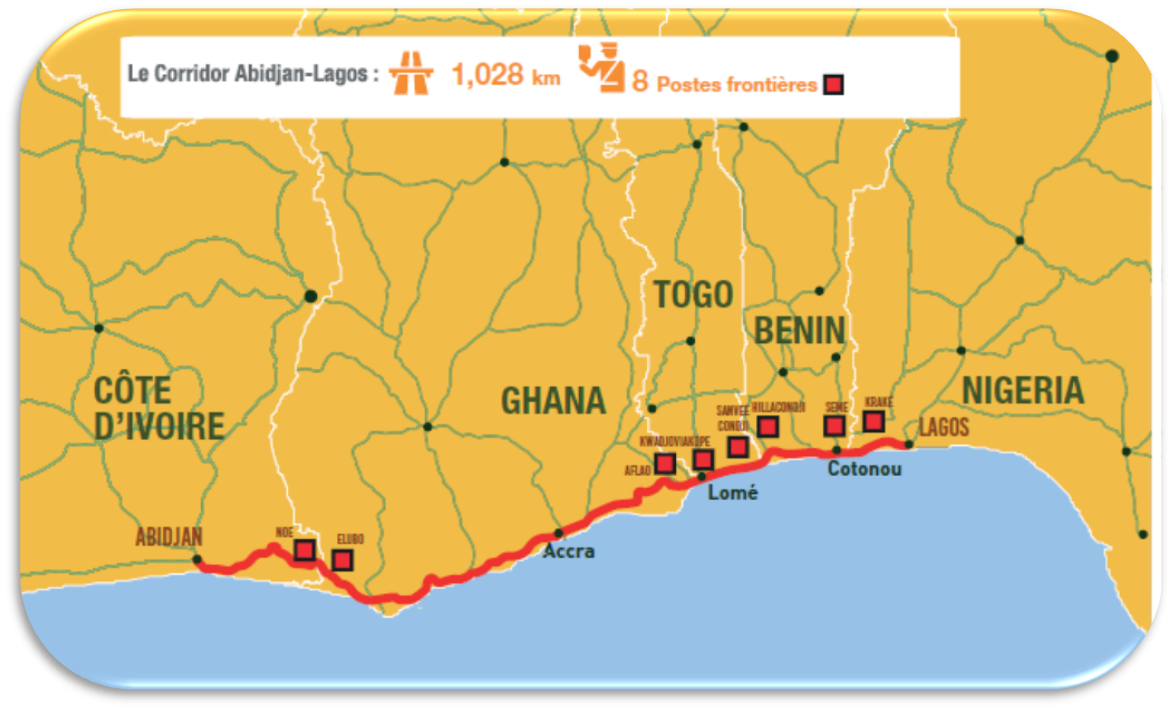From March 5 to 9, 2023, the United Nations organized high-level roundtables in Doha to gather the voices of experts and representatives of countries and organizations on the best ways to place potential to the realization of the Doha Agenda for Action. The aim was to find solutions to the challenges posed by the international trading system and to support the least developed countries (LDCs) in their integration into international trade and regional integration.
The Head of State of Burundi, H.E. Evariste Ndayishimiye, co-chaired the High-Level Thematic Roundtable on “Enhancing the Participation of the Least Developed Countries in International Trade and Regional Integration” with the Prime Minister of Bangladesh on 7 March 2023.
He highlighted the considerable challenges for LDCs to integrate into global trading systems and seize opportunities in global value chains.
South-South cooperation and the signing of regional trade agreements will help address some of the challenges posed to LDCs by the international trading system. Based on regional integration and international trade as drivers of inclusive economic growth, this roundtable was an opportunity for H.E. Evariste Ndayishimiye to highlight the double whammy of landlocked states, such as Burundi: “We need to strengthen South-South cooperation.”
He also stressed the importance of structural transformation to integrate effectively. Participants agreed on the urgency of increasing support for the sustainable recovery of LDCs that have been hard hit by the Covid-19 pandemic as well as the current geopolitical situation.
It also became apparent that much more needs to be done to support LDCs’ efforts to integrate into global and regional trade. Beneficial and meaningful participation of LDCs requires strengthening of productive capacities, infrastructure development, value addition and trade in value-added products.
A call was made for complementary and supportive trade policies at all levels as doubling the share of LDCs’ exports by 2031, as envisaged in the Doha Agenda for Action, is a challenge but possible if appropriate international support is put in place.





